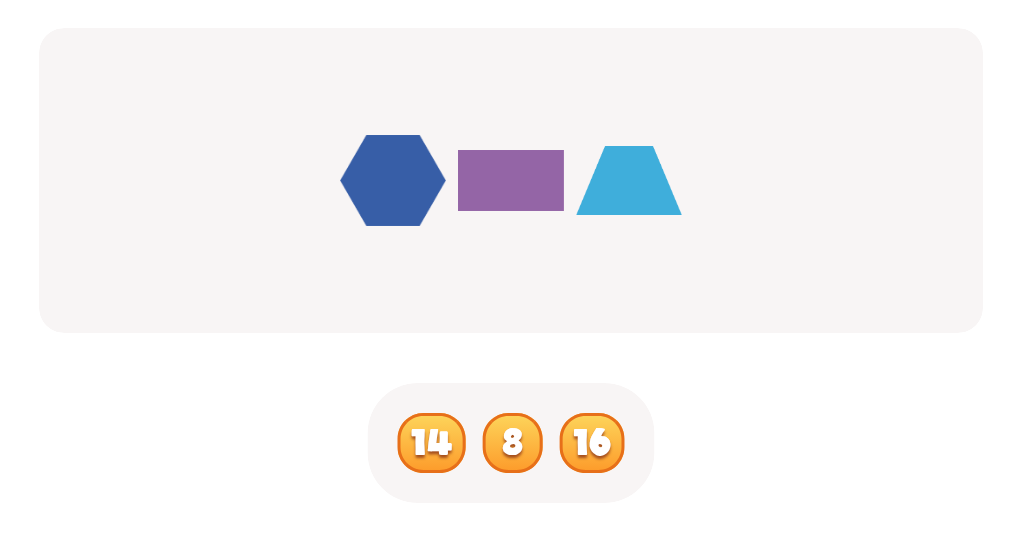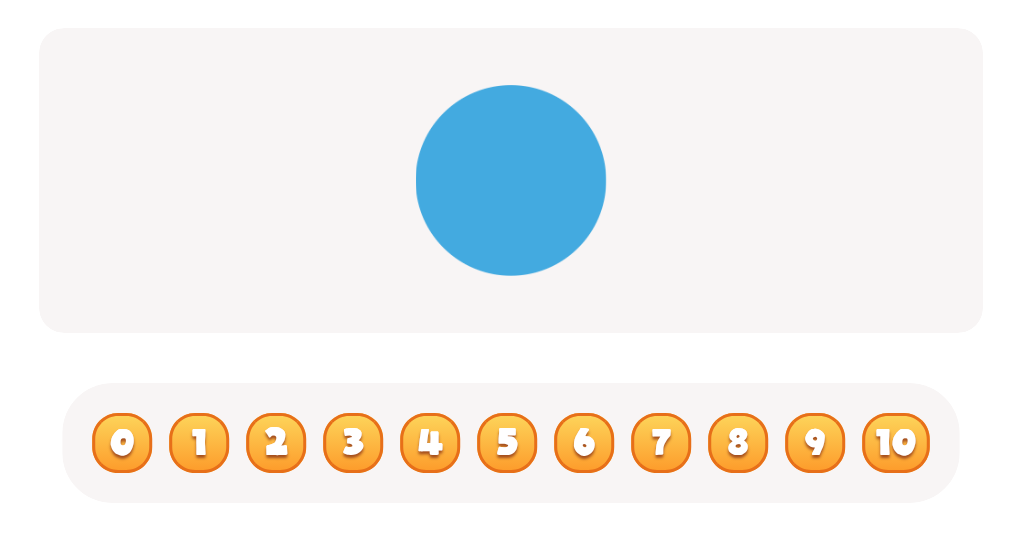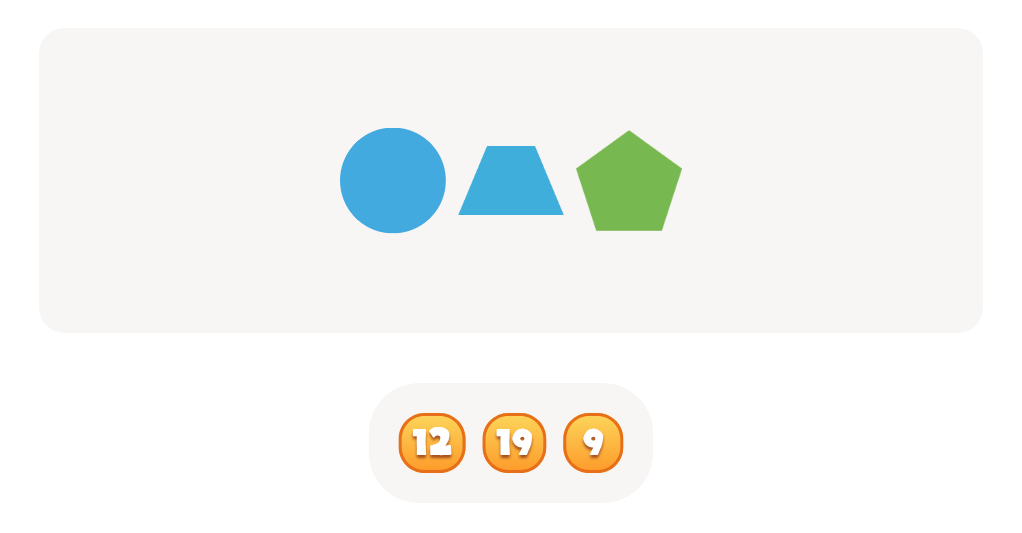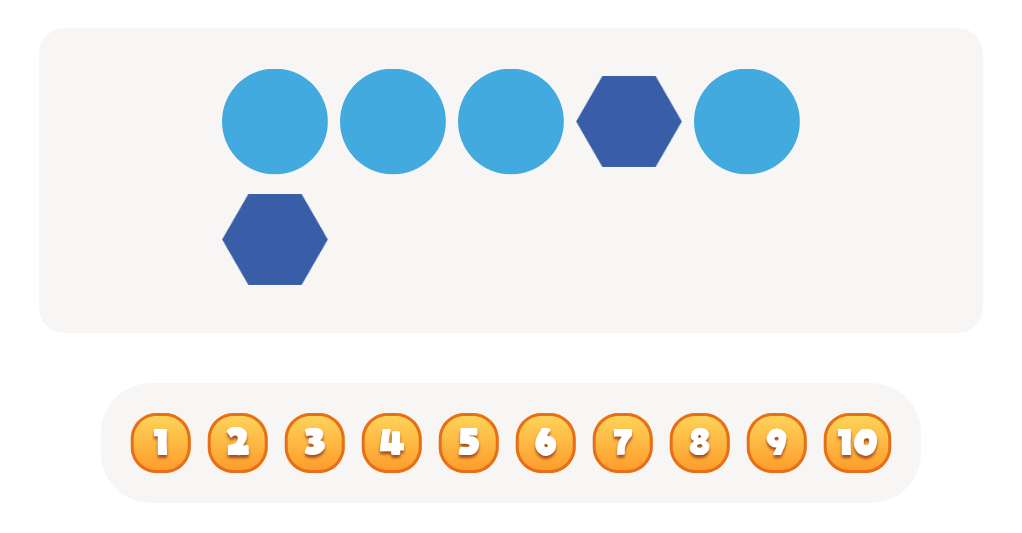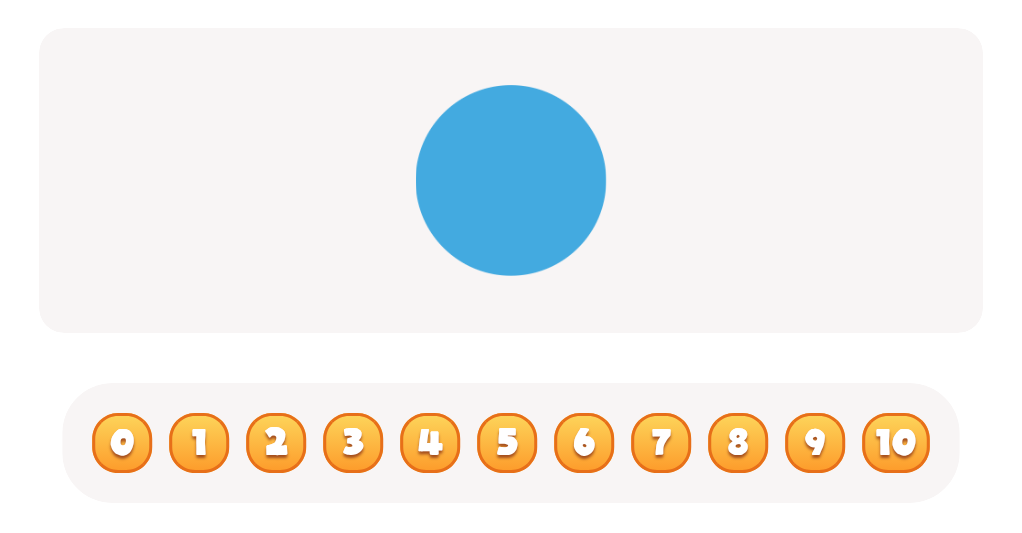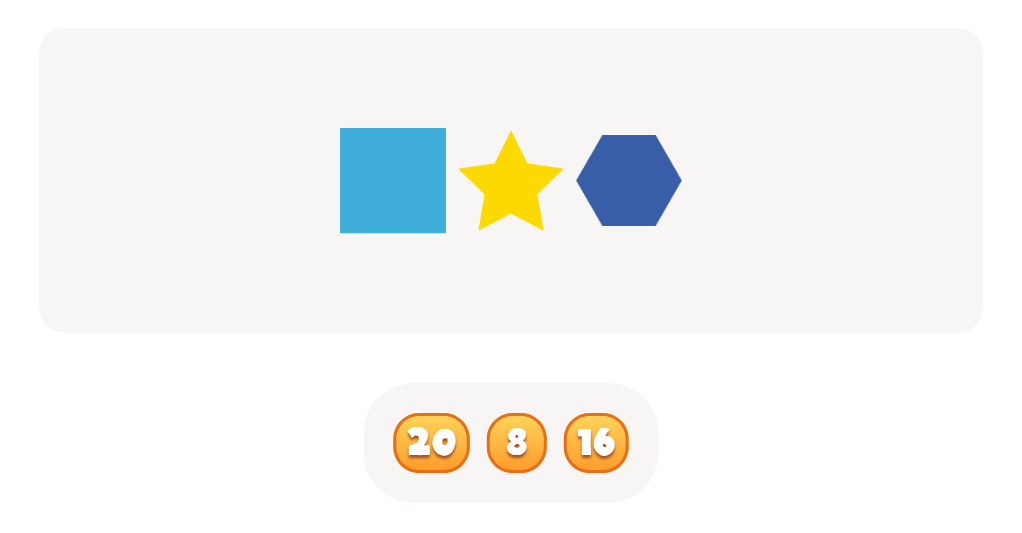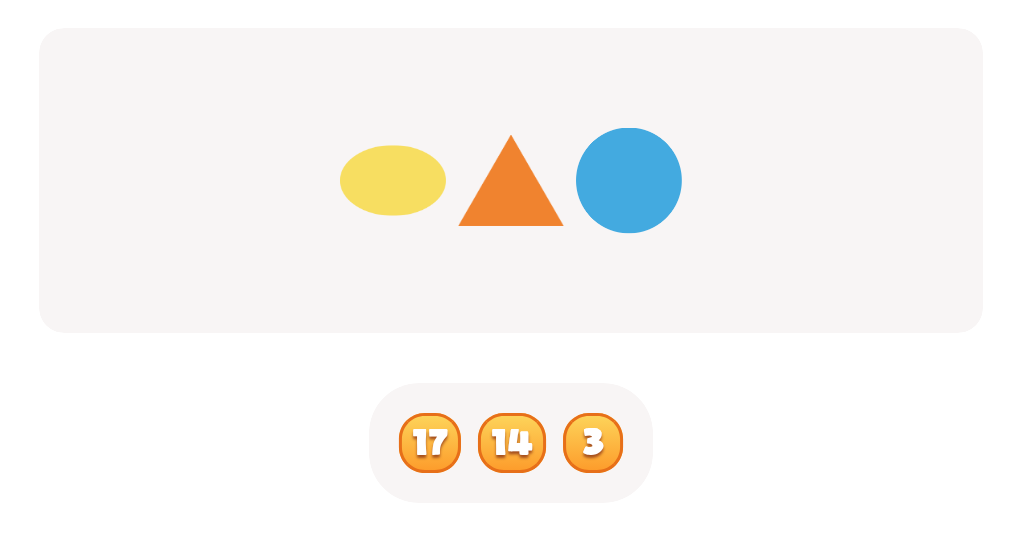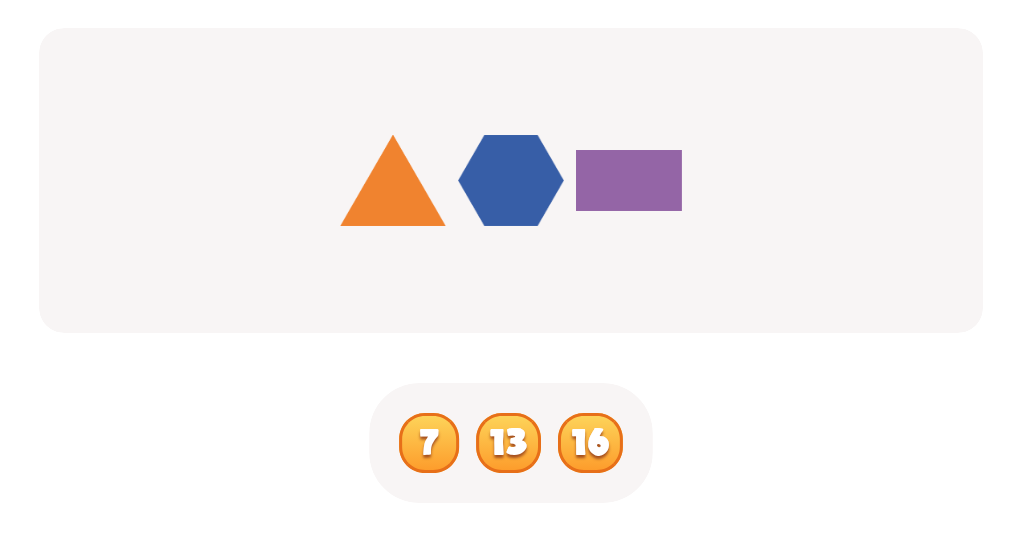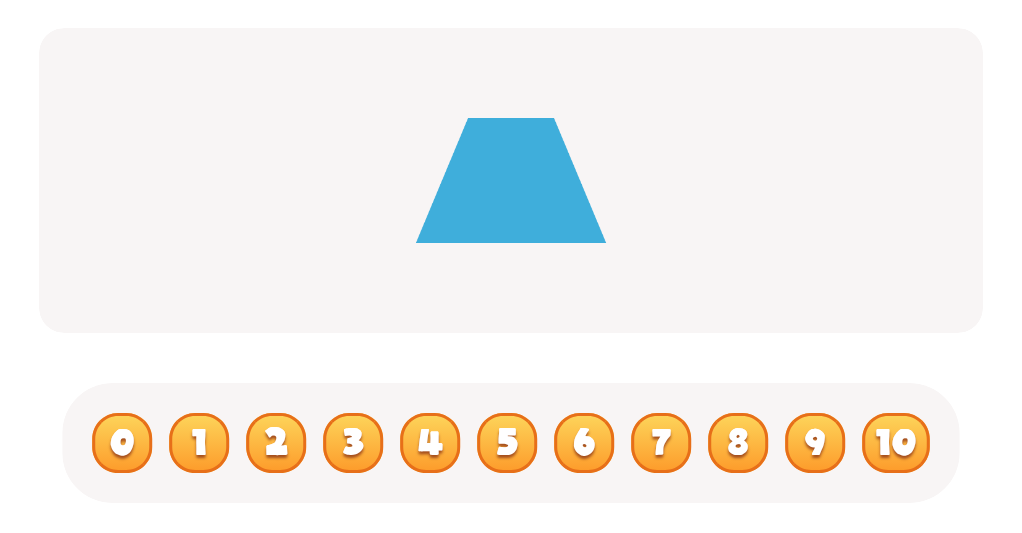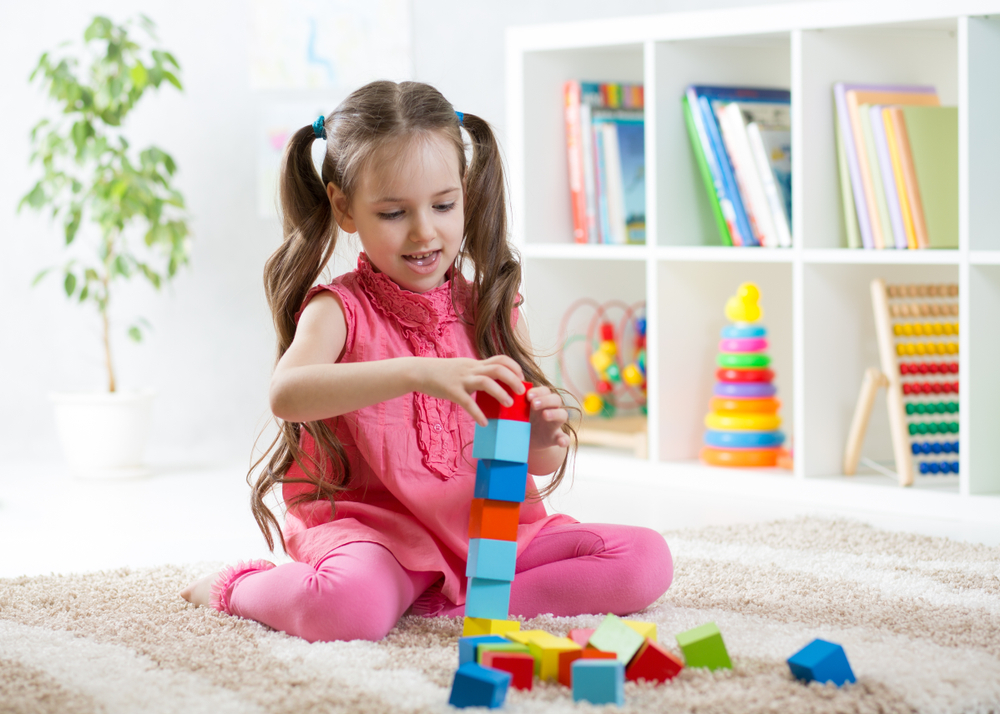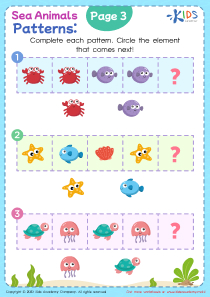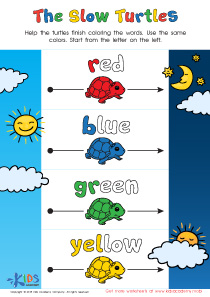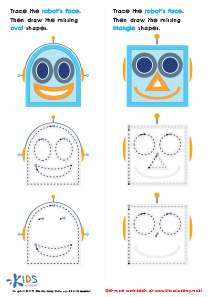Fine Motor Skills Easy Preschool 2D Shapes Worksheets
3 filtered results
-
From - To
Discover our "Fine Motor Skills Easy Preschool 2D Shapes Worksheets," designed to engage young learners in mastering basic shapes while enhancing their fine motor skills. These fun and interactive printables feature simple activities like tracing, coloring, and matching shapes, helping preschoolers improve hand-eye coordination and dexterity. Perfect for at-home learning or classroom use, these worksheets make learning enjoyable and effective. With captivating images and clear instructions, children build foundational skills key to early math and writing success. Unlock the potential of your little one with our expertly crafted resources, revised for the best educational experience.
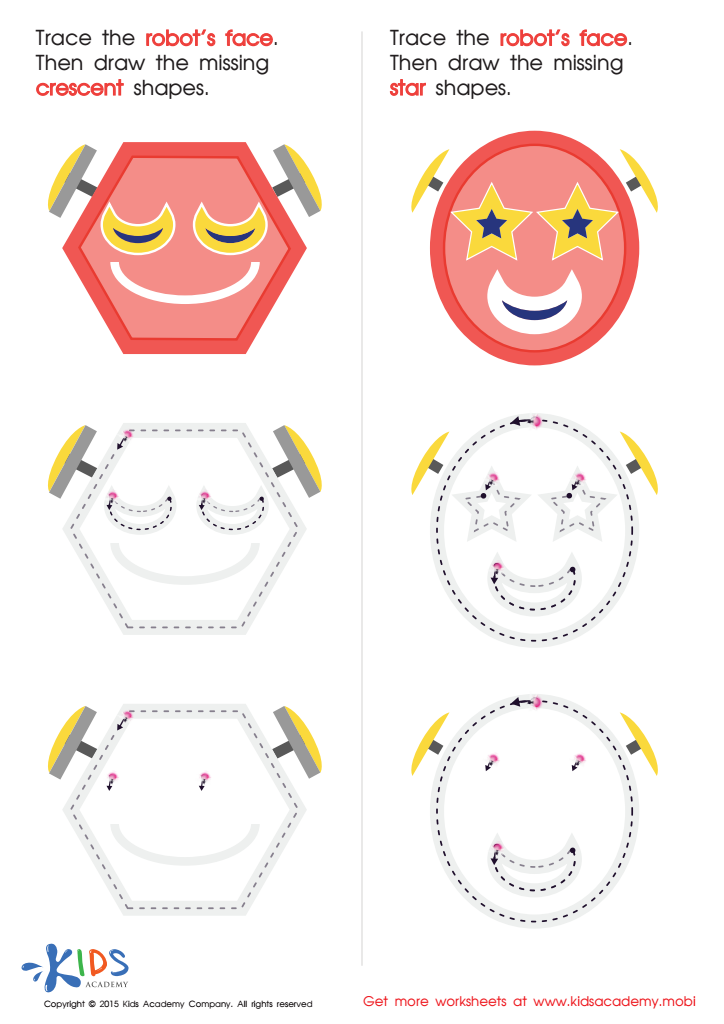

Composing a Robot's Face of Crescents And Stars Worksheet
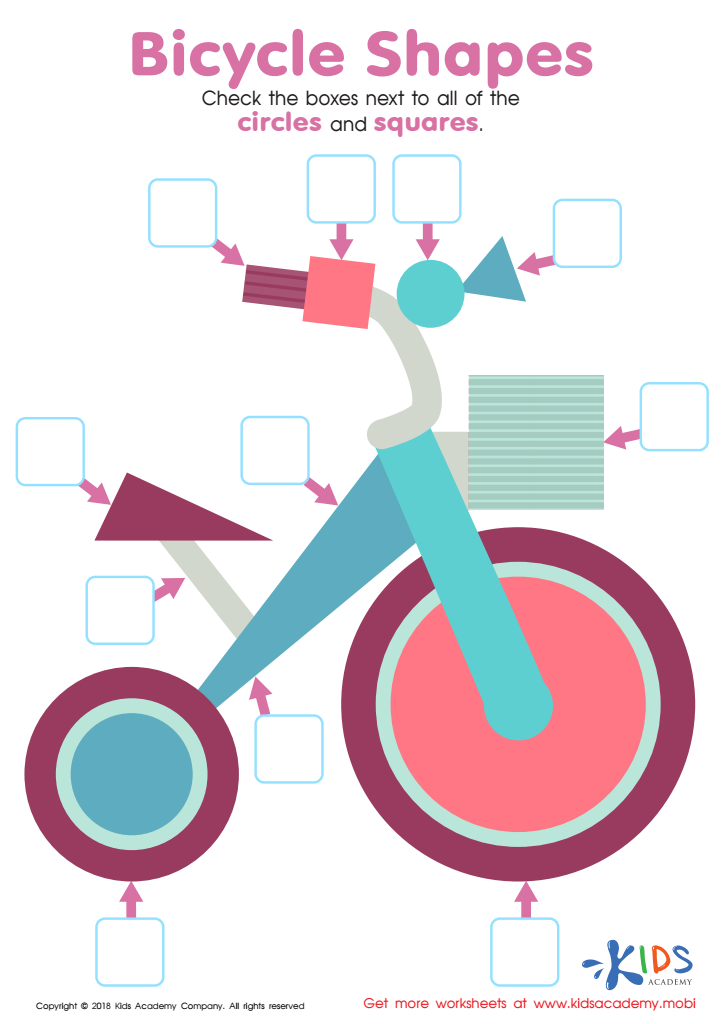

Bicycle Shapes Worksheet
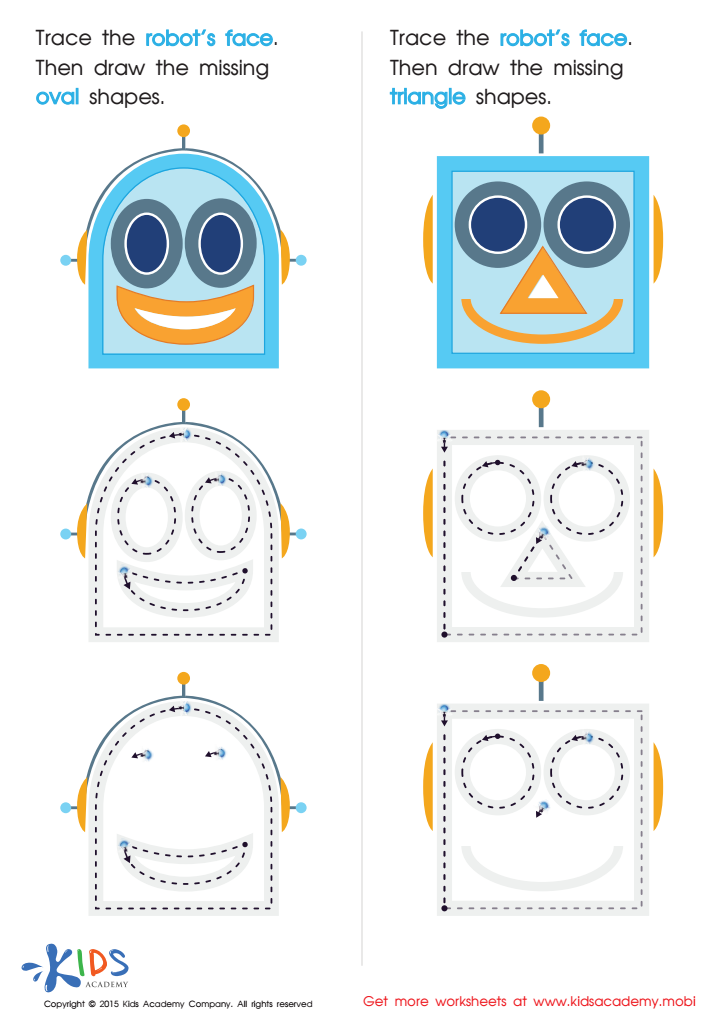

Drawing Ovals And Triangles with Fun Printable
Fine motor skills and the understanding of 2D shapes are essential elements in early childhood education, critical for a child's overall development. Parents and teachers should prioritize these areas because fine motor skills, which involve the coordinated movement of small muscles in the hands and fingers, are foundational for everyday tasks such as writing, buttoning clothes, and using utensils. Strengthening these skills in preschool sets the stage for success in more complex tasks as the child grows.
Working with 2D shapes contributes to this development by engaging fine motor control through activities like tracing, cutting, and coloring. These activities not only enhance muscle coordination but also improve hand-eye coordination and precision. Moreover, introducing 2D shapes helps children develop spatial awareness and geometric understanding, fundamental for future math skills. Shapes are often among the first formal concepts young children understand, and recognizing patterns can build early problem-solving abilities.
Incorporating 2D shapes into fine motor skill activities makes learning relevant and engaging. For instance, playing with puzzles, bead threading in shape patterns, or constructing shapes with dough enables children to explore geometry creatively while refining their fine motor capabilities. Therefore, caring about these skills offers a dual purpose, enhancing both cognitive and physical development in young minds.
 Assign to My Students
Assign to My Students

